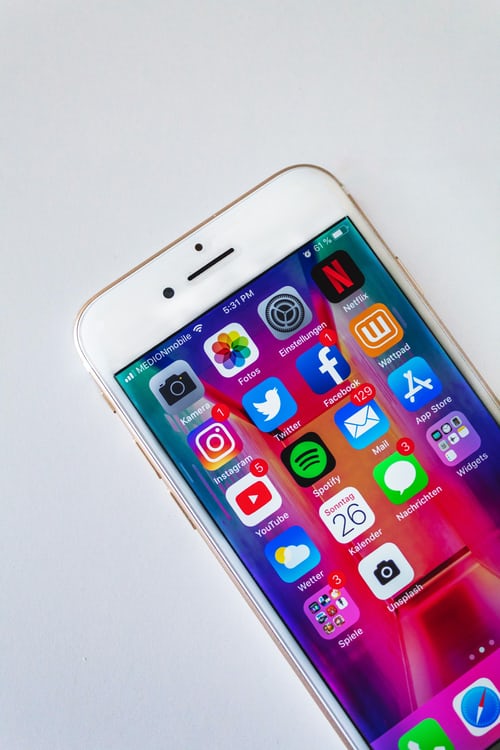
Some years ago, I spoke at a chapel service for high school students. I asked them, “How many hours do you spend on the phone with someone you are dating or interested in?” Spending hours talking on the phone with a special friend used to be typical. From the answers given to by the young people to my question, it seemed that they spent barely any time talking on the phone.
Modern relationships, to a large degree are experienced through texting and social media. Gone are the days when you were on the phone all night long, to the point of falling asleep on the line. Gone are the days of long letters in which you poured out your heart to a friend. Now relationships are built on messages of 160 characters or less.
A phone call, even from someone we love and care about, is felt to be intrusive, “greedy” and a violation. These are all words used by people who spoke to a reporter about how they feel when they receive a phone call.
While social media is becoming normative, it is stripping us of some vital human interaction. Psychologist and researcher, Sherry Turkle, has observed that many people who spend a lot of time on social media may feel emotionally disconnected, experience mental fatigue, become anxious, or feel frustrated, lonely, or angry.
The proliferation of virtual relationships via social media has curtailed people’s ability to have meaningful relationships in the physical world. Turkle found that it is limiting people’s conflict resolution and coping skills, in that if we are in a situation that we don’t want to deal with, we can leave without physically leaving. We can now pick up our phone and escape to somewhere else entirely.
Children are frustrated because they can’t make eye contact with their parents who are on their phones. Families are on their phones while at dinner and couples are on their phones while on dates. We are on our phones as our children play at the playground; while we drive we text.
We are trading the intimacy of companionship for the illusion of friendship. And we are starting to feel the effects of it. Andy Gill said it best in his essay, “Loneliness in the Age of Facebook.” “We’ve become a generation that prefers Netflix to dating, texting to talking, pornography to sex, and being liked by many instead of being loved by few. As a result, many of us are finding ourselves to be and feel as if we are surrounded by people yet still alone.”
It isn’t just the millennials. A few years ago there were 180 million Facebook users in the US, 56 million of whom were between 35 and 54 years old.
Technology is wonderful and has allowed us to stay in touch with loved ones across the globe. However, technology is also positioning us to lose what is so vital to our existence – real contact, relationship, and community with each other. It is through the vehicle of relationships and community that we grow, develop, learn, gain new perspectives. It is through relationships that we are stretched, challenged, and inspired. Sir William S. Gilbert first said, “It’s love that makes the world go round.”
Whether it’s God’s love, parental love, the love of friends, or romantic love, love is always expressed through relationships. It needs to be felt, seen, and experienced in the real world.
Let’s take some time this week to really connect with someone in our life.